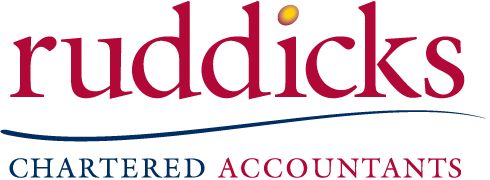Small & Medium Business Instant Asset Write-off – Increase means big win for more businesses
Whilst there are some complicated transitional rules that apply for acquisitions made so far this financial year, any business-related assets purchased and installed by a business ready for use between now and 30 June 2019 will be eligible for an immediate tax deduction in the 2019 year where both:
- The cost of the asset is less than $30,000 (excluding GST where that GST can be claimed back by a GST registered business, otherwise including GST); AND
- The asset is purchased by a business with an aggregated turnover of less than $50 million per year.
This is a significant extension from the previous thresholds of $20,000 cost and $10 million turnover, meaning that an estimated 3.4 million Australian businesses are now eligible for the concession.
Please note that the cost of an asset including freight, installation costs and, in the case of a motor vehicle, duty payable on the purchase must total less than $30,000.
The downside is this is still just a temporary arrangement effective until 30 June 2020. But if you want the deduction in the 2019 year, you need to make sure the asset is purchased and installed by 30 June 2019. It needs to be ready for use – you can’t just have it lying around and then plan to install it a couple of years from now.
Only a few assets are not eligible (such as capital works, horticultural plants, in-house software and certain lease assets as explained below). Motor vehicles are eligible assets, and while $30,000 is quite a low threshold in terms of cars, it is worth noting that second-hand assets are eligible for the write-off. Employees can’t claim the instant write-off, only businesses and only in respect of assets used in a business.
Assets valued at $30,000 or more (which cannot be immediately deducted) or which otherwise don’t qualify can continue to be depreciated over time under the usual rules.
Please note that if the business which acquired the assets then leases them to another entity, other than on short term leases, those assets are not eligible for the immediate write-off or the small business general depreciation pool treatment. In this case standard depreciation rules would apply to the assets leased on a long-term basis, even if they are leased to a related party which uses the assets in its business.
Please contact your Ruddicks adviser if you would like to find out more about the immediate asset write-off and whether your business qualifies for it. This concessional tax treatment for newly acquired assets can create fantastic tax planning opportunities for small to medium businesses that are considering updating or expanding their assets – but remember, the tax saved will only be a portion of the cost of the new asset, so you should only purchase assets that will provide genuine benefits to your business.
DISCLAIMER:
Liability limited by a scheme approved under Professional Standards Legislation.
The content of this newsletter is general in nature. It does not constitute specific advice and readers are encouraged to consult their Ruddicks adviser on any matters of interest. Ruddicks accepts no liability for errors or omissions, or for any loss or damage suffered as a result of any person acting without such advice. This information is current as at 24 May 2019, and was published around that time. Ruddicks particularly accepts no obligation or responsibility for updating this publication for events, including changes to the law, the Australian Taxation Office’s interpretation of the law, or Government announcements arising after that time.
Any advice provided is not ‘financial product advice’ as defined by the Corporations Act. Ruddicks is not licensed to provide financial product advice and taxation is only one of the matters that you need to consider when making a decision on a financial product. You should consider seeking advice from an Australian Financial Services licensee before making any decisions in relation to a financial product. © Ruddicks 2019

